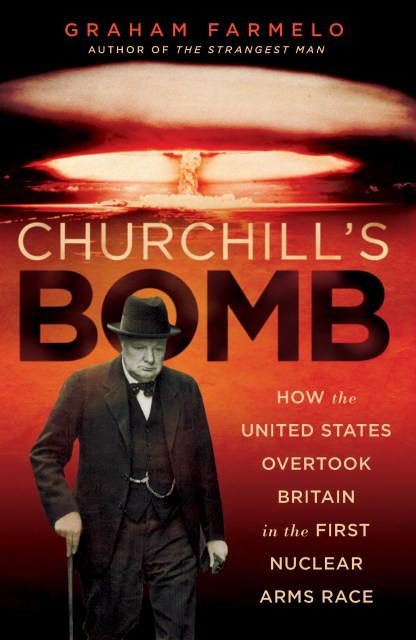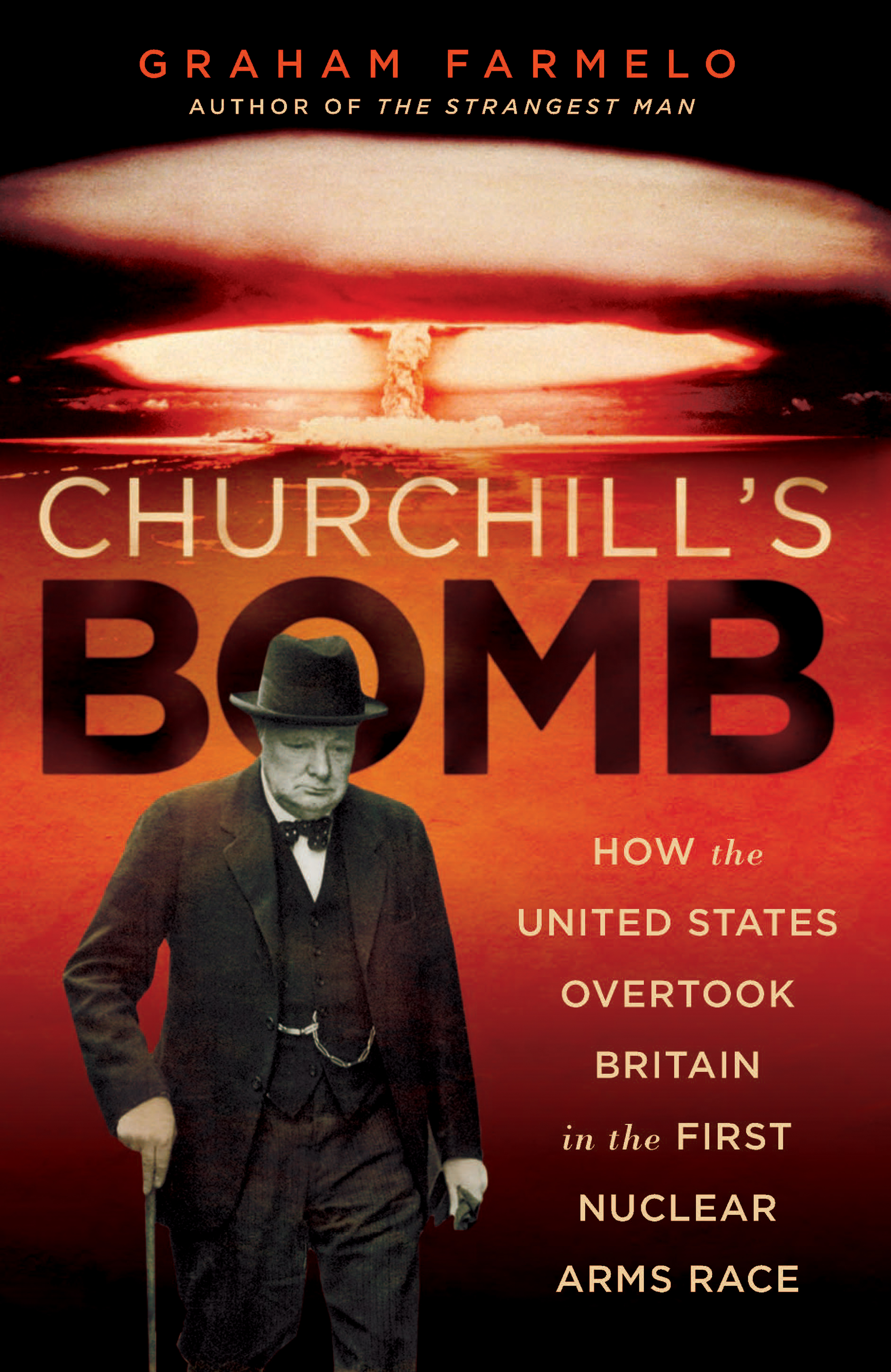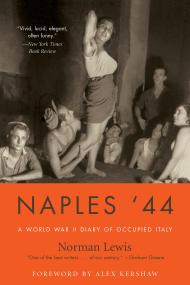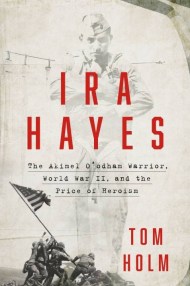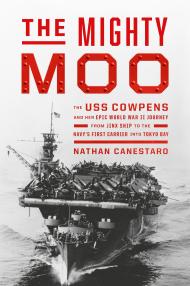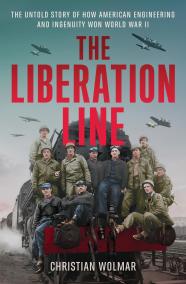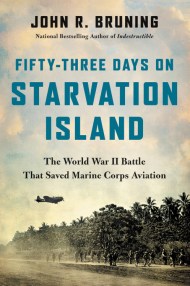Promotion
Use code BESTBOOKS24 for 25% off sitewide + free shipping over $35
By clicking “Accept,” you agree to the use of cookies and similar technologies on your device as set forth in our Cookie Policy and our Privacy Policy. Please note that certain cookies are essential for this website to function properly and do not require user consent to be deployed.
Churchill’s Bomb
How the United States Overtook Britain in the First Nuclear Arms Race
Contributors
Formats and Prices
Price
$20.99Price
$26.99 CADFormat
Format:
- ebook $20.99 $26.99 CAD
- Hardcover $29.99 $34.50 CAD
This item is a preorder. Your payment method will be charged immediately, and the product is expected to ship on or around October 8, 2013. This date is subject to change due to shipping delays beyond our control.
Also available from:
As award-winning biographer and science writer Graham Farmelo describes in Churchill’s Bomb, the British set out to investigate the possibility of building nuclear weapons before their American colleagues. But when scientists in Britain first discovered a way to build an atomic bomb, Prime Minister Winston Churchill did not make the most of his country’s lead and was slow to realize the Bomb’s strategic implications. This was odd — he prided himself on recognizing the military potential of new science and, in the 1920s and 1930s, had repeatedly pointed out that nuclear weapons would likely be developed soon. In developing the Bomb, however, he marginalized some of his country’s most brilliant scientists, choosing to rely mainly on the counsel of his friend Frederick Lindemann, an Oxford physicist with often wayward judgment. Churchill also failed to capitalize on Franklin Roosevelt’s generous offer to work jointly on the Bomb, and ultimately ceded Britain’s initiative to the Americans, whose successful development and deployment of the Bomb placed the United States in a position of supreme power at the dawn of the nuclear age. After the war, President Truman and his administration refused to acknowledge a secret cooperation agreement forged by Churchill and Roosevelt and froze Britain out of nuclear development, leaving Britain to make its own way. Dismayed, Churchill worked to restore the relationship. Churchill came to be terrified by the possibility of thermonuclear war, and emerged as a pioneer of detente in the early stages of the Cold War.
Contrasting Churchill’s often inattentive leadership with Franklin Roosevelt’s decisiveness, Churchill’s Bomb reveals the secret history of the weapon that transformed modern geopolitics.
- On Sale
- Oct 8, 2013
- Page Count
- 576 pages
- Publisher
- Basic Books
- ISBN-13
- 9780465069897
Newsletter Signup
By clicking ‘Sign Up,’ I acknowledge that I have read and agree to Hachette Book Group’s Privacy Policy and Terms of Use
